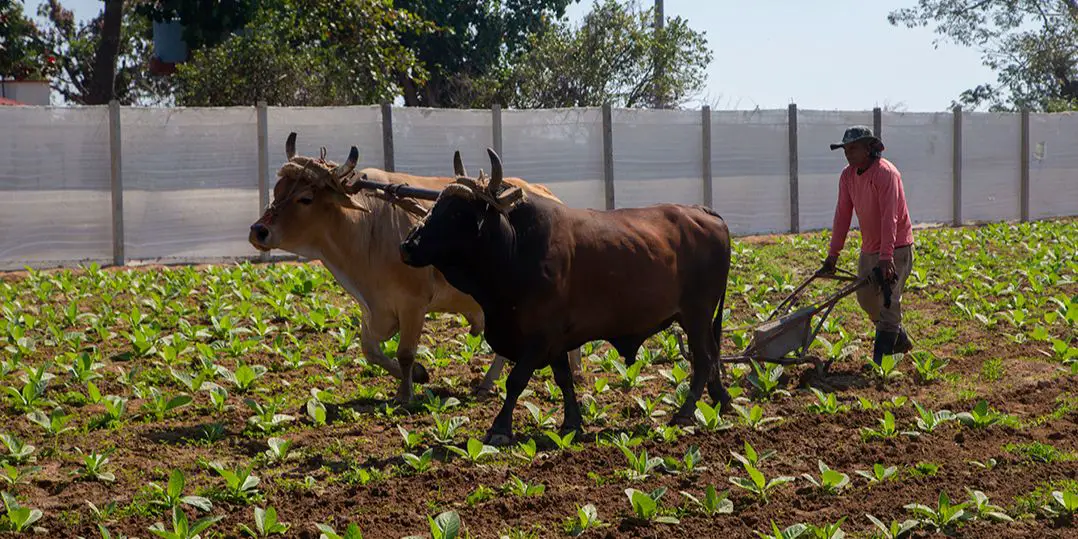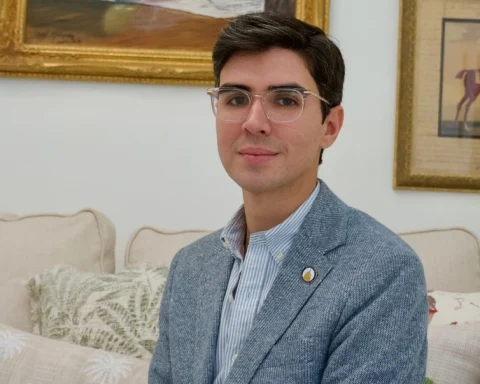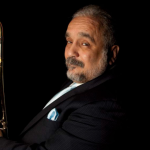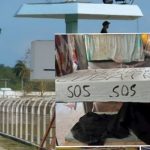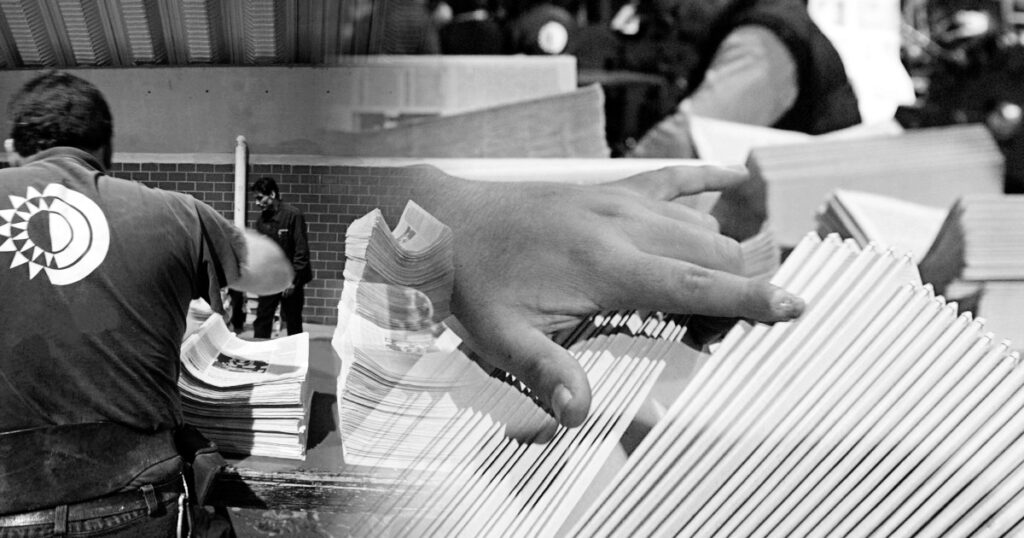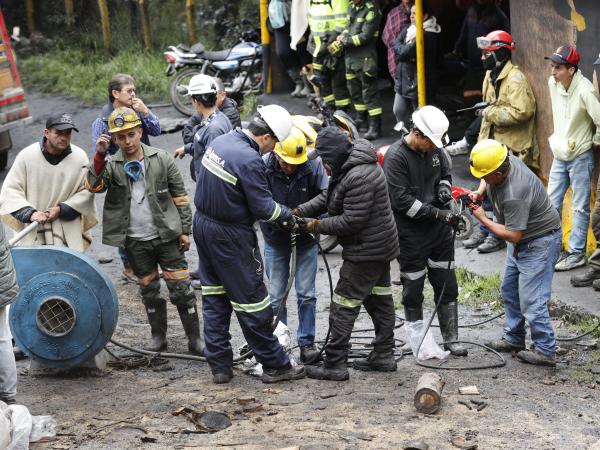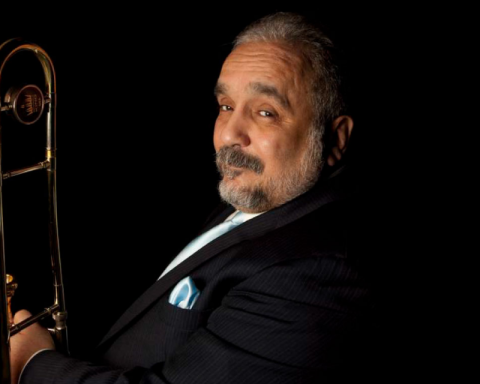CDMX, Mexico. – At the beginning of this month, we saw Miguel Díaz-Canel together with his wife Lis Cuesta, both dressed in elegant clothes, smoking cigars and in front of a table where drinks were abundant. The pictures were taken during the Habano Festival, one of the most important commercial events for Cuba. The next day, the official cuban press He explained that the gala had been a success and raised a record figure at auction: 11.2 million dollars.
But the image of luxury that Díaz-Canel and Cuesta enjoy contrasts with the conditions in which Cuban peasants subsist in the fields, who are not provided with a pair of boots or the appropriate clothing to work in the sun. They are not paid fairly, nor on time.
Some 187 kilometers from the lavish gala, the producers, who continue to harvest one of the most famous cigars in the world with almost no inputs, have not yet received part of the previous campaign. Nine months have passed since they delivered their crops to the Tabacuba company, and still the percentage that they must collect in MLC has not been delivered. Every time they question the leaders of the province about non-payment, the answer is the same: “there is no money.”
“When I see the heads of the country, who don’t know what work on the land is, enjoying the Habano Festival, while the guajiros don’t get paid, I feel used,” says R, a 60-year-old producer from Pinar del Río years that he has dedicated his entire life to the cultivation of the leaf, and that he asked to protect his identity.
For the last two years, the payment to tobacco producers has been divided into two stages. First, they charge ―according to the quantity and quality of the harvest― the corresponding amount in national currency, with 8,020 pesos being the maximum price per quintal. However ―clarify two producers consulted by CubaNet―, it is almost impossible for the authorities to value the sheet at that price; Therefore, the average payment per quintal, at least in his experience, ranges between 6,500 and 7,800 pesos. The latter is a very good value.
A percentage of that payment, after the establishment of the bank dollar, is given in Freely Convertible Currency (MLC). That is, they allow them to buy a quantity of MLC at the bank (established according to their harvest) at 24 pesos each.
“They say it’s a stimulus, but really it’s the least they can give us. In this country without MLC you are nobody: you cannot buy food, equipment. In addition, they sell us many inputs in this virtual currency. If they don’t pay us with it, how are we going to acquire what is needed for tobacco? questions R, whose family has worked the land in San Juan y Martínez for three generations.
Everything went up, except the payment to the producers
The inflationary process that has triggered all prices in the country has also increased the costs of the necessary inputs for tobacco cultivation. For example, fertilizers that could be purchased for 600 pesos in the previous harvest are now worth 1,200. “In MLC they also increased and the cost went from 30 to 52. From one campaign to the next the prices of everything increased, except fuel.” , aim.
Although today peasants must pay up to double for the inputs they require for their plantations, the State’s payment for tobacco leaves has remained the same, which reduces profits and impoverishes them.
“We work with a minimum of resources, inventing, with very little fuel, little pesticide, little fertilizer. As we peasants say, we harvested it at our chests”.
R confesses that he is one of the lucky ones who succeeded, since approximately 70% of the cooperative to which he belongs could not plant due to lack of money and resources. “They had no savings from the other crop to invest, and there is almost no state support,” he explains.
In May 2022, the Habanos SA corporation made it known that the country obtained 568 million dollars thanks to tobacco exports, which represents 15% more income than the previous year. That money ―in theory― should be invested in improving cultivation conditions and supplying resources to producers, but the reality has been different.
“I don’t know where the money goes, because it’s not buying resources, and neither is paying us,” says another farmer from Pinar del Río consulted by CubaNet.
“Now the company tells us that they have up to a year to pay us. They had never said that, nor is it in any contract. They also abuse the fact that most of the guajiros are unhappy and do not complain. They have stopped inviting me to the meetings because I demand my money from those scammers,” said the source, who asked not to be named.
the new crop
With the payment of the 2022 campaign pending, the peasants began the current harvest by putting their savings to buy what they needed. Pinar del Río was the province most affected by Hurricane Ian, which destroyed more than 10,000 tobacco houses. The wood, nails and roofs to replace them were sold by the State, in installments and in MLC. However, not only the damage caused by the meteor threatens the yield of the new crop.
Pinar del Río: It will take eight to ten years for tobacco production to recover
The producers interviewed add that they are affected by the lack of fertilizers and pesticides. Despite the millionaire profits, the State is not importing them in the required volumes.
“They want the peasant to produce more, but they don’t give anything: neither resources nor inputs. So how are we going to produce? It is impossible. They have subjected us to a regime of exploitation,” says R’s 29-year-old son.
In one of the last meetings of the cooperative to which this family belongs, they were informed that the authorities were considering reducing the hectares where they plant tobacco, given the lack of resources. “They have not explained what would happen to those people who work the land they discard, nor what they will live on if they can no longer produce tobacco.”
Within a month and a half, R and his family expect to be collecting the leaf for drying and stringing. Negotiations with Tabacuba begin in June. Then comes the wait that precedes the collection. By that date the year of delay will be fulfilled and they hope that they will finally be paid, but there is no certainty. Otherwise, they don’t know how they will manage to stay afloat.
“I wake up every day at 6:00 in the morning and finish at 8:00 at night. You have to know what hard work on earth is to understand the injustice they do us by denying us our money. They charge foreign currency and we don’t see a dollar or a euro. We have to settle for the invention of the MLC, and they don’t even give us that on time. I just want to have [Manuel] Marrero or Díaz-Canel in front to demand my money, to yell at them to finish paying us,” the producer concludes.
